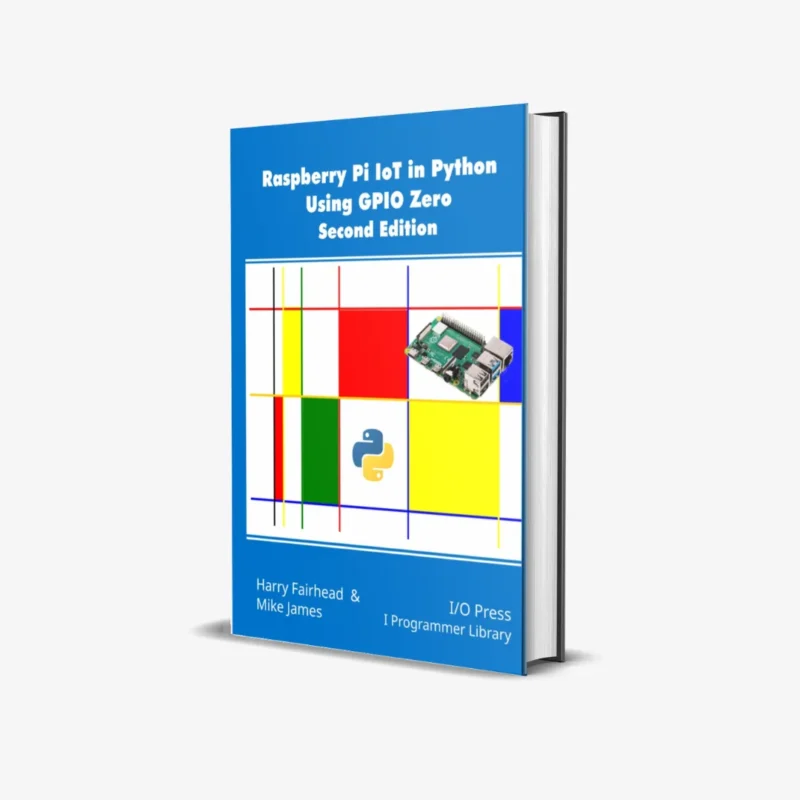The Raspberry Pi makes an ideal match for the Internet of Things. But to put it to good use in IoT, you need two areas of expertise: electronics and programming, and because of the way hardware and software engineering tend to occupy separate niches, you may require help with combining the two, which is what this book sets out to do.
Python is an excellent language for learning about physical computing. It might not be as quick as C, but it is much easier to use for complex data processing. One reason for Python’s popularity is its wealth of supporting libraries, and there are several for interfacing hardware. The GPIO Zero library is the official way to use Python with the GPIO and other devices, and this book looks at how to use it to interface with fundamental IoT devices—from LEDs and buzzers to servos and stepper motors and several off-the-shelf Raspberry Pi add-ons.
This revised second edition has been expanded to cover all the current Raspberry Pis, including the latest, the Pi 5, and the Pi Zero 2W, which, with its WiFi capability and being a quad-core device, is an ideal device for IoT projects. It has also been updated to cover the latest version of the GPIO Zero library, which is both the library recommended by Raspberry Pi and the only one that works with the Pi 5.
This book emphasizes hardware and GPIO Zero use and understanding. It not only shows you how to “follow the beaten track,” but how to create your own tracks. While it isn’t a project book, many of the code examples described are part of projects, and all of the devices and techniques described can be used to create practical projects. Similarly, while it doesn’t teach you the whole of Python, it does bring you up to speed in the aspects of the language needed for interfacing with hardware.









Reviews
There are no reviews yet.